expiredTattyBear | Staff posted Dec 27, 2021 07:21 PM
Item 1 of 15
Item 1 of 15
expiredTattyBear | Staff posted Dec 27, 2021 07:21 PM
Robert Graham Sunglasses: Polarized Navigator $34, Brow Line Pilot
& More + SD Cashback w/ Free Shipping$29
$218
86% offEyeDictive
Visit EyeDictiveGood Deal
Bad Deal
Save
Share
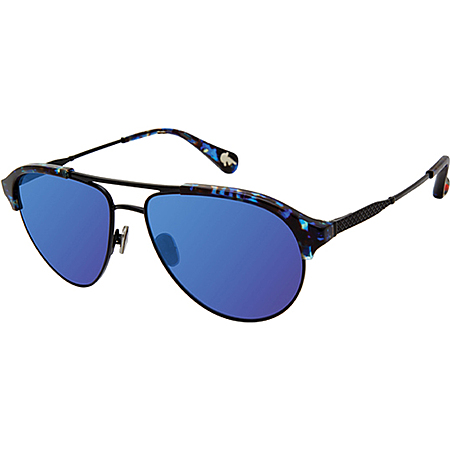
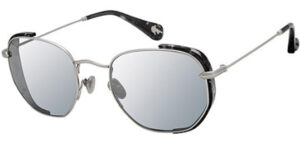
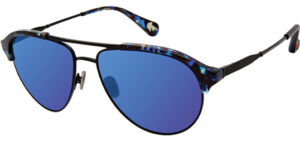
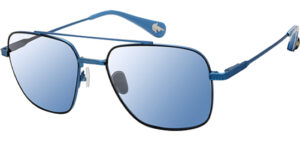
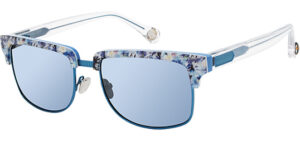
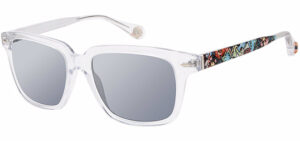
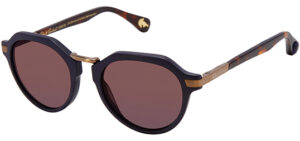
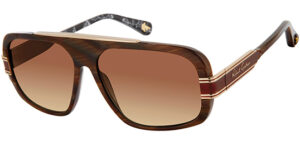
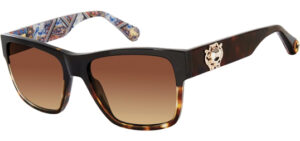
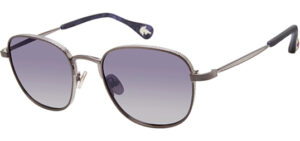
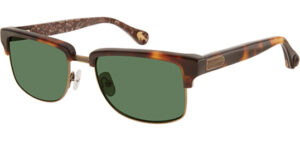
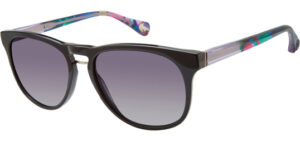
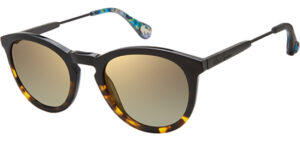
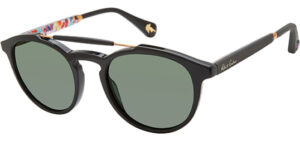
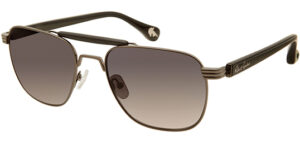

Leave a Comment
Top Comments
1) Functional but cheap. Think Shady Rays, or any of the polarized stuff you get on Amazon for less than $25. These work great, are super-clear, and usually have similar materials (polycarbonate, polarized lenses, metal or acetate frames, etc).
2) High-end. These are the ones that you'll pay top dollar for, and might have *slightly* better construction or materials, and probably higher tolerances as well. These will be listed on the manufacturer's website, and will also be sold at multiple different retail locations. If you can't find a model on the manufacturer's website, and it's only being sold at one discount retailer (like EyeDictive), or maybe a few discount retailers (Kohl's, eBay, etc) then it's not really a pair of high-end sunglasses.
3) Fakes, knock-offs, and "Special Make Ups." These are crap sunglasses, maybe no better (and possibly worse) than the ones I mentioned in point 1 above. Fakes and knock-offs are one thing, usually easy to spot, but "Special Make Ups" (SMUs) are a little different. The discount retailer (say, EyeDictive in this case) goes to the brand (say, Robert Graham) and says "we'll pay you a bunch of money if we can put your name on a crappy pair of sunglasses, make up some sky-high MSRP, and let us sell it at a massive discount but still make our normal profit on it." The brand doesn't care because they get a bunch of money and it doesn't cheapen their name out *that* much, the discount retailer gets to sell things at their normal profit margin, and the customer usually doesn't care because they think that they got a great deal. Of course they just paid $30 for a pair of $10 sunglasses, but hey, they were probably mostly concerned with the brand on the side anyway.
So yeah, if you want actual good sunglasses with an actual good brand on the side, double-check to make sure that they're actually listed on the website, and being sold at other reputable retailers. Of course, then you probably won't get a $220 pair of sunglasses for 1/7th the cost, but in all honesty you weren't getting that here anyway.
Source: I used to do 3rd party manufacturing for a major sporting goods brand. We paid them a licensing fee and got to slap the brand on whatever stuff we were going to make anyway.
I would guess it is much more common than you would expect.
70 Comments
Sign up for a Slickdeals account to remove this ad.
These glasses are junk, very cheap looking with flimsy frames. We got a couple a few months back from a similar sale and these went back into the box within 10 mins. Look even cheaper when worn.
The $15-$20 glasses that you get at big box stores are much better in construction than these flimsy ones which are imperially on sale on SD's.
I've got some great sunglasses from ED, but there have been a few I took gambles on that turned out to cheap and flimsy. I find that if you stick with good name brands it turns out to be a good purchase.
Been using ED for years.
Our community has rated this post as helpful. If you agree, why not thank Kumicho
I've got some great sunglasses from ED, but there have been a few I took gambles on that turned out to cheap and flimsy. I find that if you stick with good name brands it turns out to be a good purchase.
Been using ED for years.
What I am saying is that regardless of the name (Robert Graham or Bob Kenndy or something else), it doesn't matter, these are cheap a $ $ glasses not worth more than a $5. I like shades and have a premium collection (Revo's etc) but for some occasions I prefer to use not-so-cheap ones for fear of loosing them (yes, have lost a few over the years). You can get any metal frame glasses from this vendor, take iot to a store and place next to $20-$30 glasses and you will see the difference.
Gotcha, I got a few Hugo Boss pairs from ED that I loved.
Sign up for a Slickdeals account to remove this ad.
Our community has rated this post as helpful. If you agree, why not thank Kumicho
1) Functional but cheap. Think Shady Rays, or any of the polarized stuff you get on Amazon for less than $25. These work great, are super-clear, and usually have similar materials (polycarbonate, polarized lenses, metal or acetate frames, etc).
2) High-end. These are the ones that you'll pay top dollar for, and might have *slightly* better construction or materials, and probably higher tolerances as well. These will be listed on the manufacturer's website, and will also be sold at multiple different retail locations. If you can't find a model on the manufacturer's website, and it's only being sold at one discount retailer (like EyeDictive), or maybe a few discount retailers (Kohl's, eBay, etc) then it's not really a pair of high-end sunglasses.
3) Fakes, knock-offs, and "Special Make Ups." These are crap sunglasses, maybe no better (and possibly worse) than the ones I mentioned in point 1 above. Fakes and knock-offs are one thing, usually easy to spot, but "Special Make Ups" (SMUs) are a little different. The discount retailer (say, EyeDictive in this case) goes to the brand (say, Robert Graham) and says "we'll pay you a bunch of money if we can put your name on a crappy pair of sunglasses, make up some sky-high MSRP, and let us sell it at a massive discount but still make our normal profit on it." The brand doesn't care because they get a bunch of money and it doesn't cheapen their name out *that* much, the discount retailer gets to sell things at their normal profit margin, and the customer usually doesn't care because they think that they got a great deal. Of course they just paid $30 for a pair of $10 sunglasses, but hey, they were probably mostly concerned with the brand on the side anyway.
So yeah, if you want actual good sunglasses with an actual good brand on the side, double-check to make sure that they're actually listed on the website, and being sold at other reputable retailers. Of course, then you probably won't get a $220 pair of sunglasses for 1/7th the cost, but in all honesty you weren't getting that here anyway.
Source: I used to do 3rd party manufacturing for a major sporting goods brand. We paid them a licensing fee and got to slap the brand on whatever stuff we were going to make anyway.
I would guess it is much more common than you would expect.
Graham created his "Nobel sperm bank" in 1980. Initially, his intent was to obtain sperm only from Nobel laureates, but the scarcity of donors and the low viability of their sperm (because of age) forced Graham to develop a looser set of criteria.
These criteria were numerous and exacting: for example, sperm recipients were required to be married[citation needed] and to have extremely high IQ, though the bank later relaxed this policy so it could recruit athletes for donors as well as scholars.
By 1983, Graham's sperm bank was reputed to have 19 genius repeat donors, including William Bradford Shockley (recipient of the 1956 Nobel Prize in Physics and proponent of eugenics[1]) and two anonymous Nobel Prize in Science winners.
The bank closed in 1999, two years after the death of its founder. A total of 218 children had been born under its auspices.
Graham's overriding goals were the genetic betterment of the human population and the nurture of newly conceived geniuses. This was a form of "positive" eugenics, meant to increase the number of designated "fit" individuals in a population through selective breeding. However, Graham's "genius sperm bank" was highly controversial.[2]
However, due to lack of proper screening techniques, donors and recipients were not always those who met Graham's selective criteria. [3]
Sign up for a Slickdeals account to remove this ad.
We reply to all inquiries within 1 business day. If you need assistance, please contact us at [email protected]
Leave a Comment